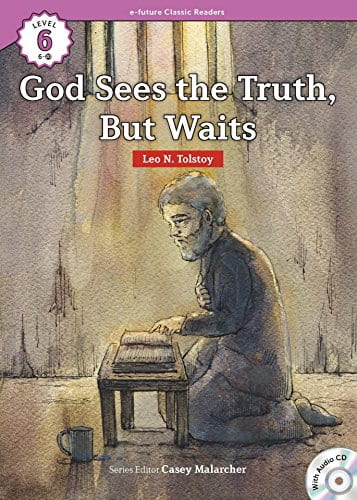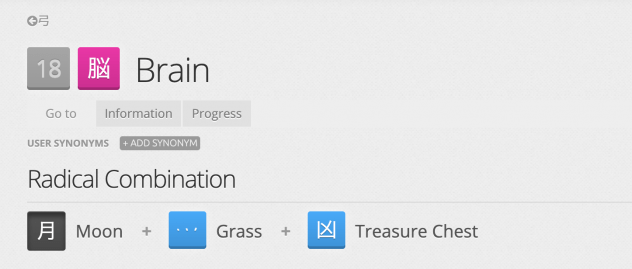In a way, I feel like the stories that we looked at today––The man in Bogota, and of course, God sees the truth but waits, grapple with similar themes. It’s probably best summarised by this line:
He wondered how we know that what happens to us isn’t good
They are stories about grappling with adversity––and what it means to have a “good ending.” In the case of the man in Bogota, it comments on how suicide is unjustified because it is impossible to know whether one’s circumstances will lead to happiness in the future. Similarly, “God sees the truth” shows how one has to accept their position in life, even if it may be unjust. Because ultimately, what life throws our way must lead to the most fulfilling peace.
It’s hard to imagine that being true given the cruel circumstances of Aksionov. Estranged from society and his own family over false claims of murder, and left to toil in a Siberian prison for 26 years without any recourse, it seems that God really has abandoned him––that God doesn’t love Aksionov like he does everyone else. God knows the truth, but he doesn’t do anything about it.
Yet it’s questionable whether god’s actions could have led to a better ending than the one Aksionov received. Had the incident never happened, he may have continued being naïve––only concerned with the market and how much he could earn from selling his goods. Had he returned home successfully, we would be greeted with a loveless society–one that he has been a stranger to for 26 years. In the prison, he was venerated, commanding respect from the other inmates. And ultimately, he was able to make (a kind of) peace with the true perpetrator, and be cleared of his guilt. Is there a better freedom in this world? One must imagine Aksionov happy as he died.





